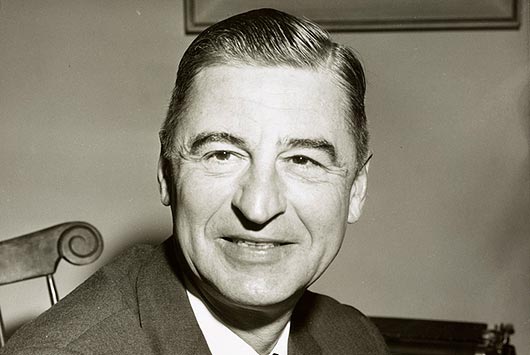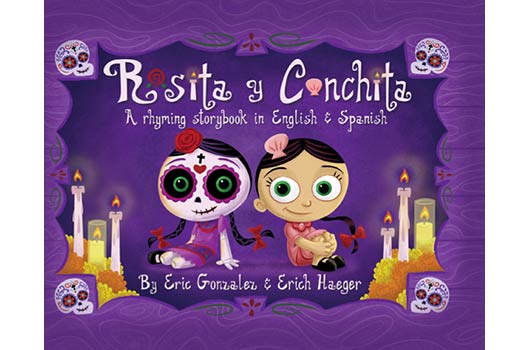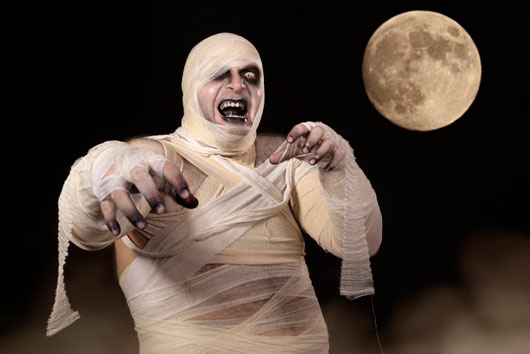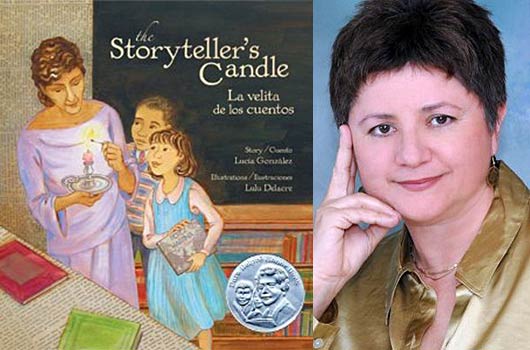March 2 marks the 109th birthday of Dr. Seuss, inarguably the world’s most popular and beloved children’s author and illustrator. Yet most adults know that Dr. Seuss’ themes go well beyond child’s play and embrace topical social issues. I wonder what Dr. Seuss would make of the state of the world today? Many of his books seem to foreshadow current national and global problems—almost as if they were warnings of what was to come.
So what would happen if Dr. Seuss were a presidential advisor—or better yet—an elder statesman to whom both Republicans and Democrats would listen and take heed? Maybe this is what he would tell them.
THERE ARE NO KINGS
Yertle the Turtle, the King of the Pond, learned this lesson when he forced his turtle subjects to stack themselves higher and higher so that he, on top of their backs, could see farther and farther and expand his kingdom. But the turtles underneath Yertle, especially those at the bottom, were suffering under the weight of the others. Finally Mack, the turtle at the bottom of the stack, had enough. He burped and the turtles all fell down, including Yertle, who landed in the mud.
Politicians who put power and ego before the needs of their constituents could learn a lesson from Yertle, who wound up being proclaimed “King of the Mud.”
WAR IS SENSELESS
The Butter Battle Book, published in 1984 at the height of the Cold War, depicts two warring cultures—the Yooks and the Zooks—which are separated by a structure suggestive of the Berlin Wall. The two sides keep developing more and more sophisticated armaments, each intended to outdo the other, until they reach the point of mutual assured destruction should one of them attack first. The book ends with a stand-off, as the generals from both sides are moments away from launching their weapons.
This was of course the same point at which the U.S. and the former Soviet Union arrived. Though we’ve thankfully moved past that period in our history, maybe someone should ship several thousand copies of The Butter Battle Book to North Korea.
Read Related: 30 Dr. Seuss Quotes that Can Change Your Life
DEFEND THE WEEK
Horton, the sweet, friendly elephant of Horton Hears a Who, protects the defenseless Whos, who live on a speck of dust. Horton is ridiculed for protecting a speck of dust, and even imprisoned by his fellow jungle animals. It’s only when the Whos face being boiled in Beezlenut Oil that they shout loud enough for the other animals to hear, and then the entire jungle bands together to protect them.
Dr. Seuss wrote Horton Hears a Who in reaction to the U.S. bombing of Hiroshima and Nagasaki during World War II. But its anti-genocide message could apply to Syria, the Sudan, and anywhere in the world where there are mass victims of armed conflict. Horton knew it was his moral obligation to intervene—do we?
EQUALITY FOR ALL
Dr. Seuss wrote The Sneetches in 1961, amid the violence and intolerance of the Civil Rights Era. There are two kinds of Sneetches: those with stars on their bellies and those without. The Star-Belly Sneetches won’t mingle with the Plain-Belly Sneetches, who are banned from places where Star-Belly Sneetches go. But when the Plain-Belly Sneetches figure out how to stamp stars on their bellies, all of the Sneetches realize they are all the same, after all.
Though we’ve come a long way since the era of segregation and the struggles of the Civil Rights Era, the lesson of The Sneetches could just as easily be applied to gay marriage or undocumented workers. With or without stars on our bellies, we are all equal, and deserve equal rights.
PROTECT THE ENVIRONMENT
At the beginning of The Lorax, a young boy asks the Once-ler to explain why the area in which he lives is so polluted and run-down. The Once-ler recounts how his greed caused him to chop down every last Truffula tree, which he needed as the raw material for his industry. The Lorax, a creature who “speaks for the trees, for the trees have no tongues,” repeatedly warned to Once-ler to stop cutting down the trees, but the Once-ler ignored his pleas. When the last Truffula tree fell, the Lorax disappeared. The Once-ler tells the boy to plant the last remaining Truffula seed, in hopes that the trees will grow back and the Lorax will return.
Global warming, deforestation and species extinction seemed like very distant threats in 1971, when Dr. Seuss published The Lorax. But it’s almost as though he knew where we were headed. Is there still a chance that the Lorax will return? Not unless we get serious about combatting global warming and the factors that contribute to it.
FACE CONFLICTS HEAD ON
The young character (Is he a cat or a dog?) of I Had Trouble in Getting To Solla Sollew decides to leave town when the going gets tough, and head for Solla Sollew, a utopian city where “troubles are few.” Along the way, he runs into one obstacle after another and upon arriving at the gates of Solla Sollew, finds that he cannot enter. So rather than continuing to run away from his problems, he decides to go home and face his troubles head-on.
Hmm, are members of Congress searching for Solla Sollew instead of facing their troubles head-on? Only a bipartisan budget compromise will save the nation from the looming threat of the sequester, which will slash $1 trillion in funding of programs and services for schools, low-income students, the elderly, military families and the mentally ill. C’mon Congress—quit running from your problems (and creating even bigger problems for average Americans)!
That’s what he’d tell them,
And he’d tell them good.
“Mark my words you politicians!”
And mark them they would.












